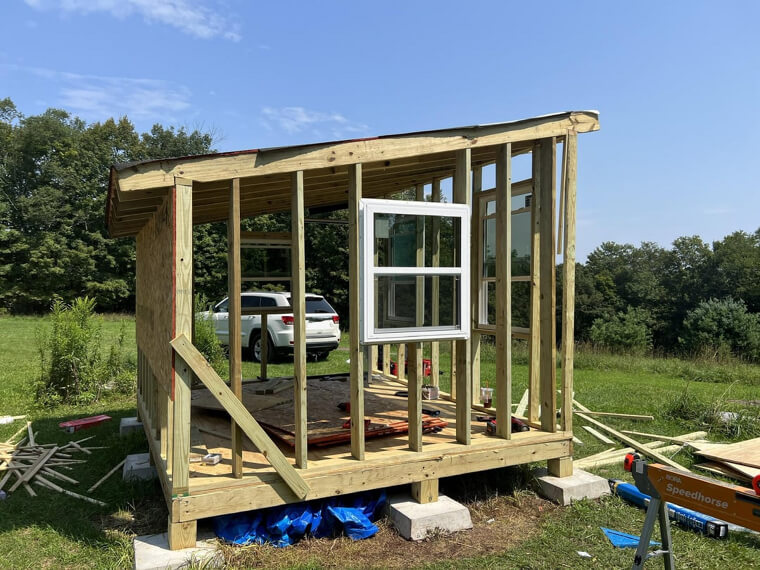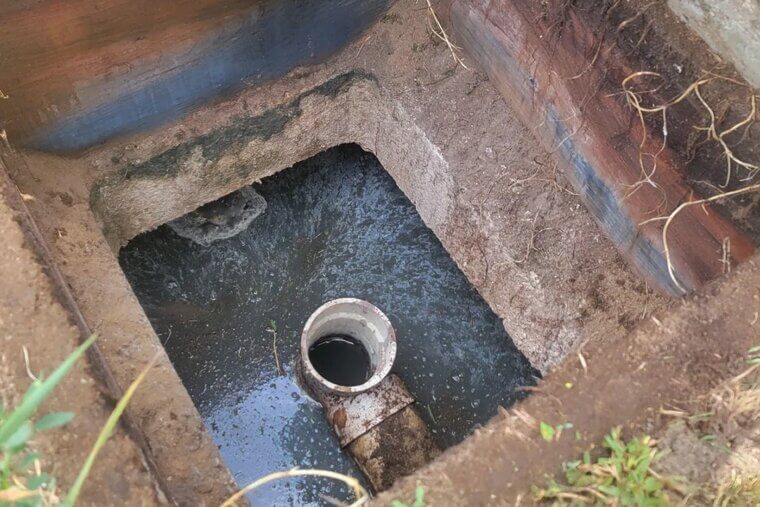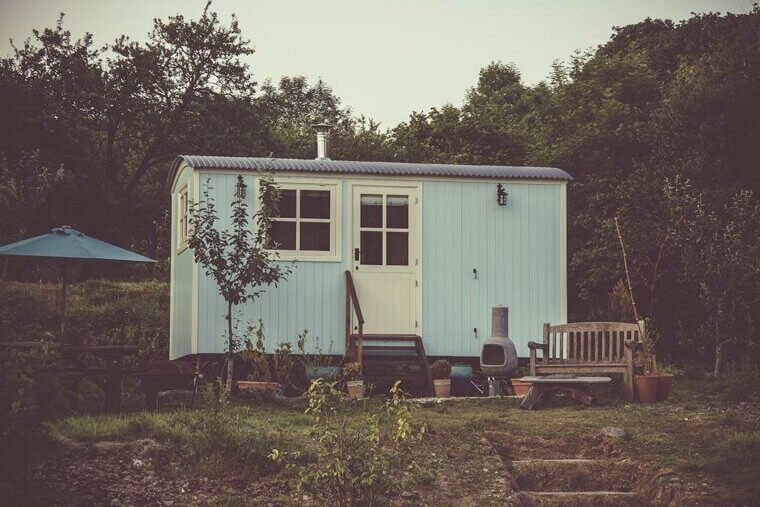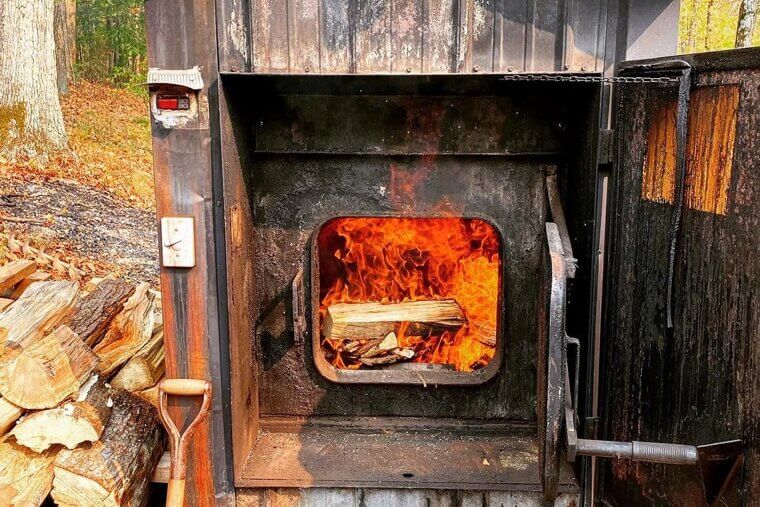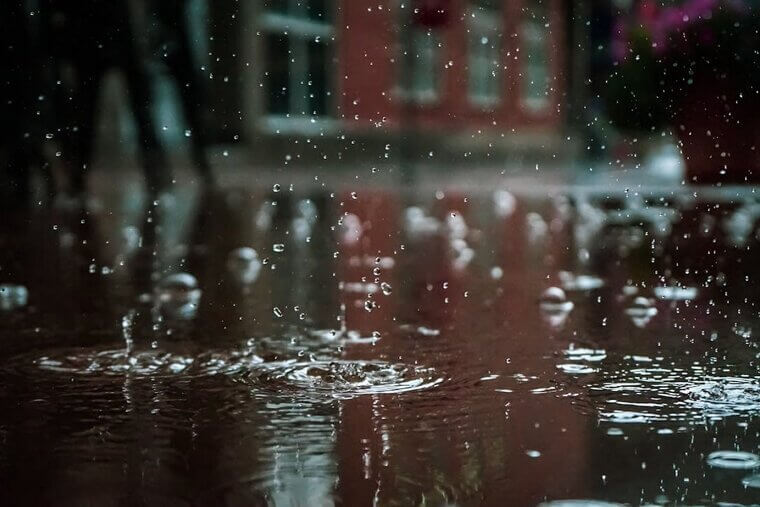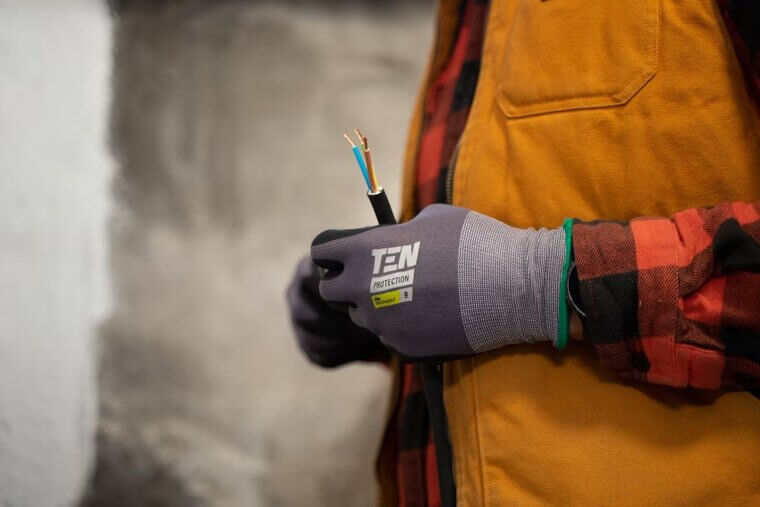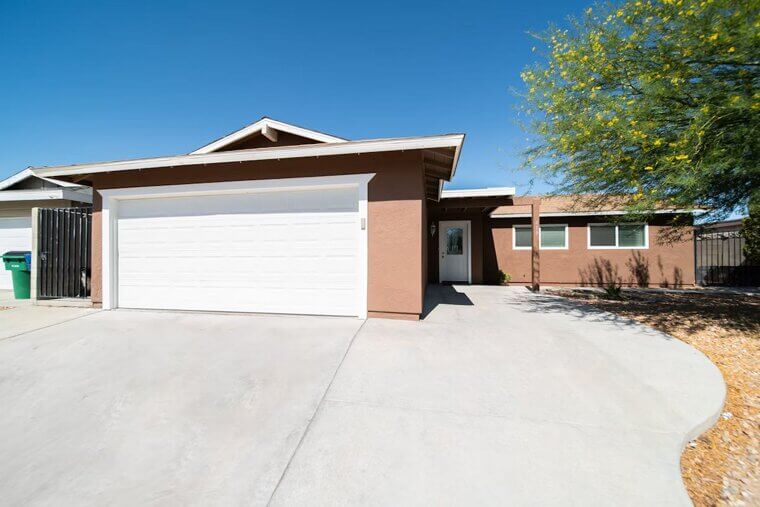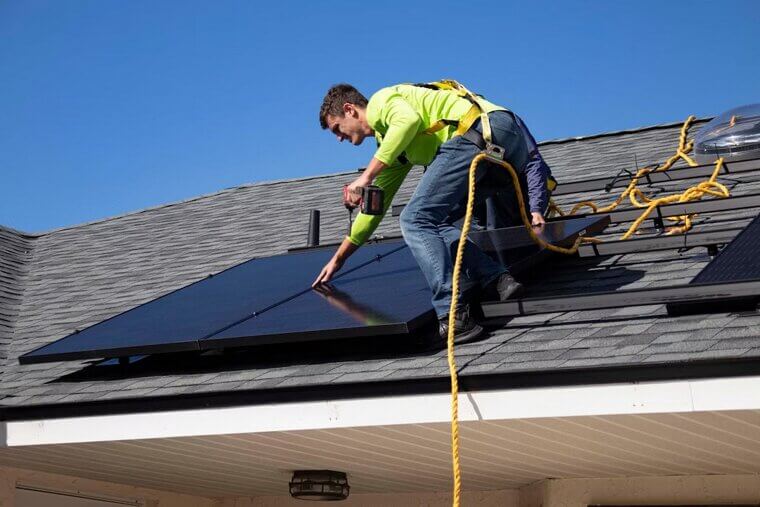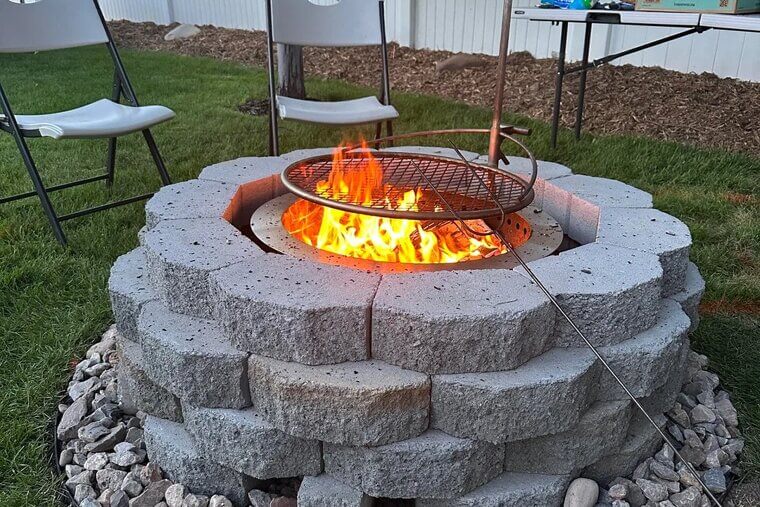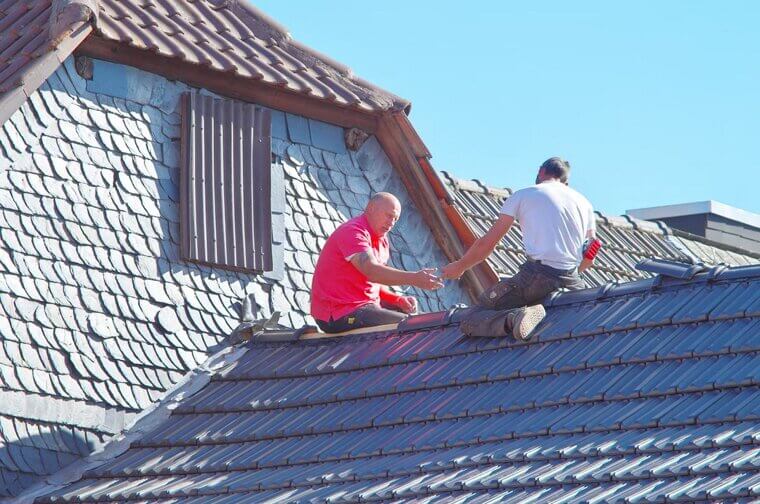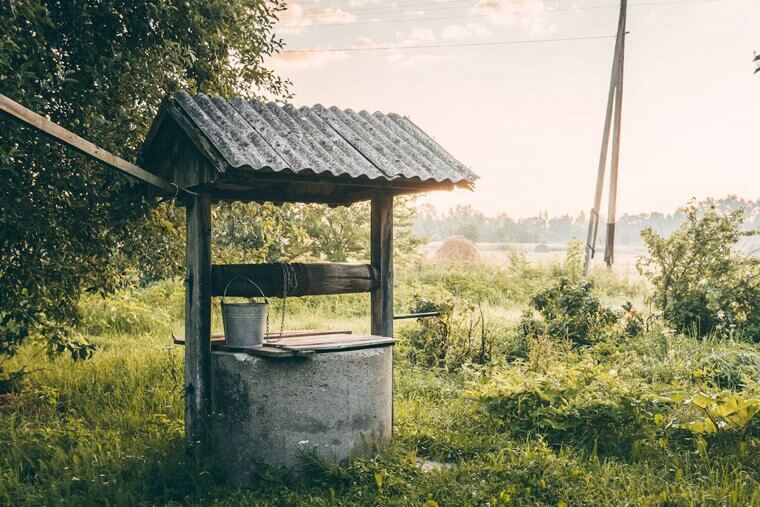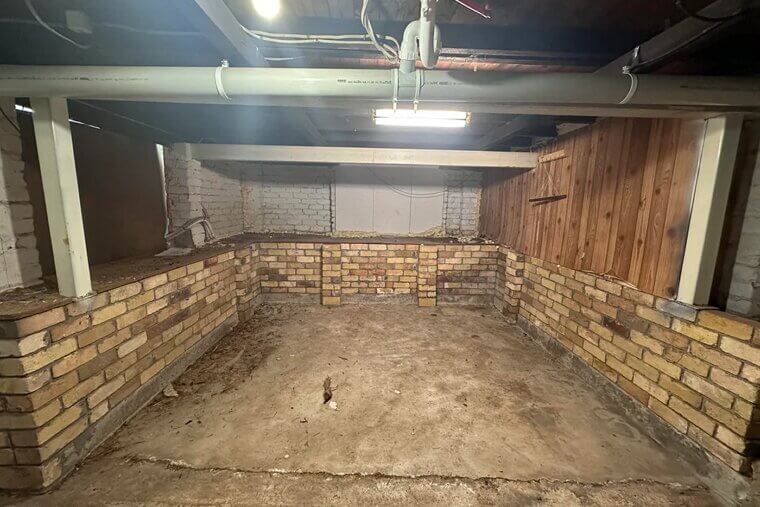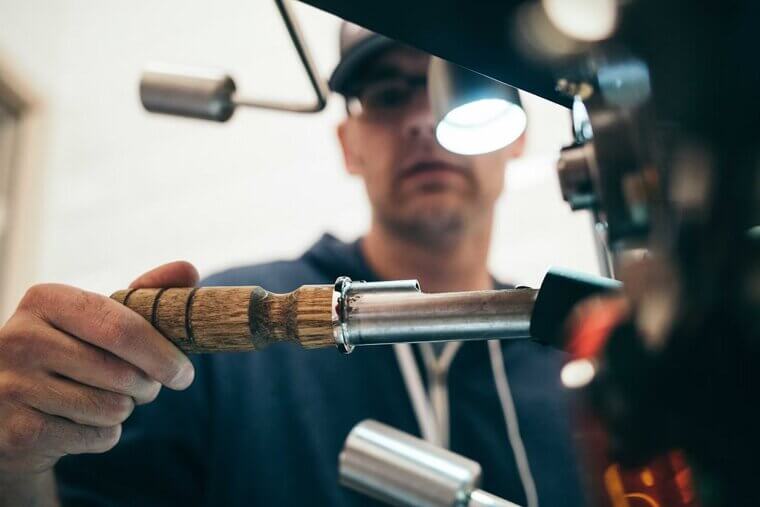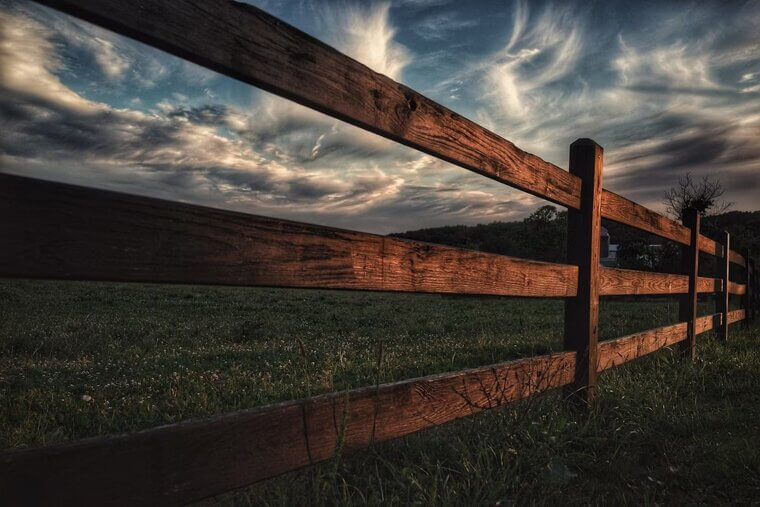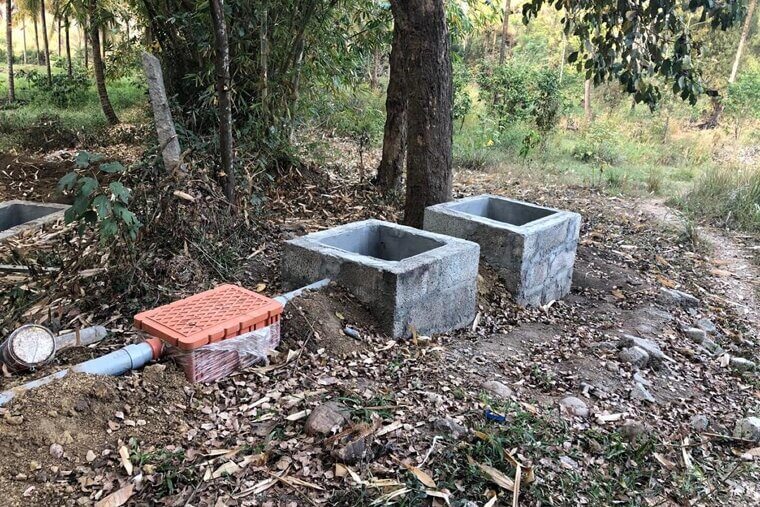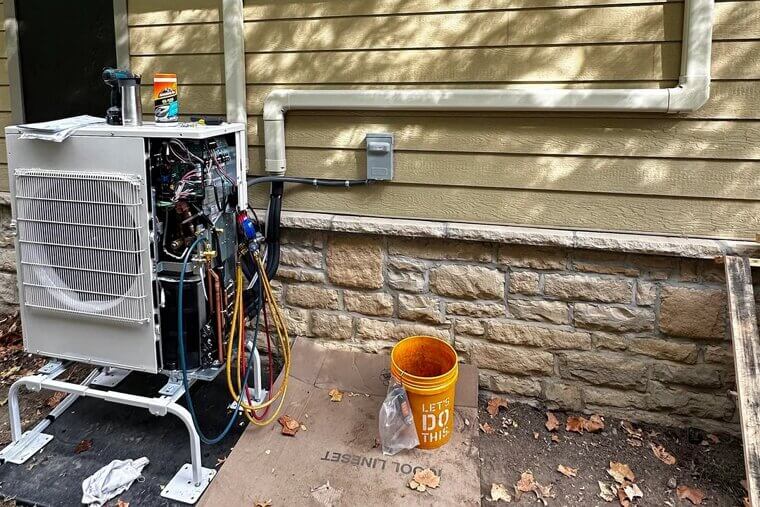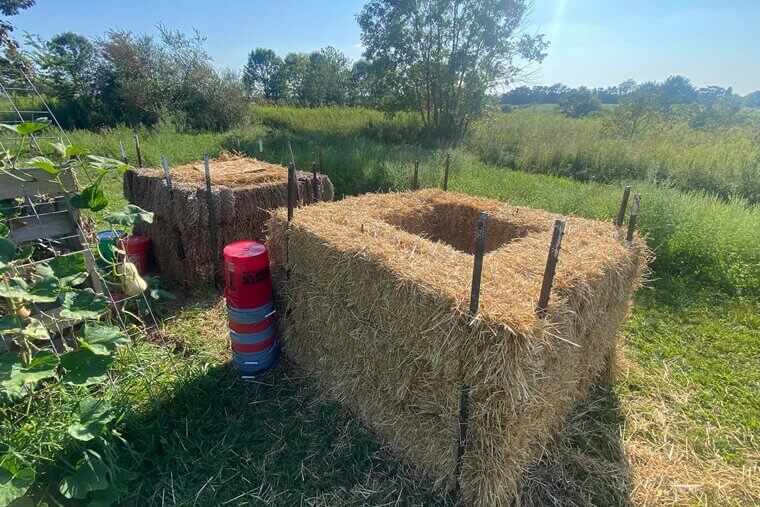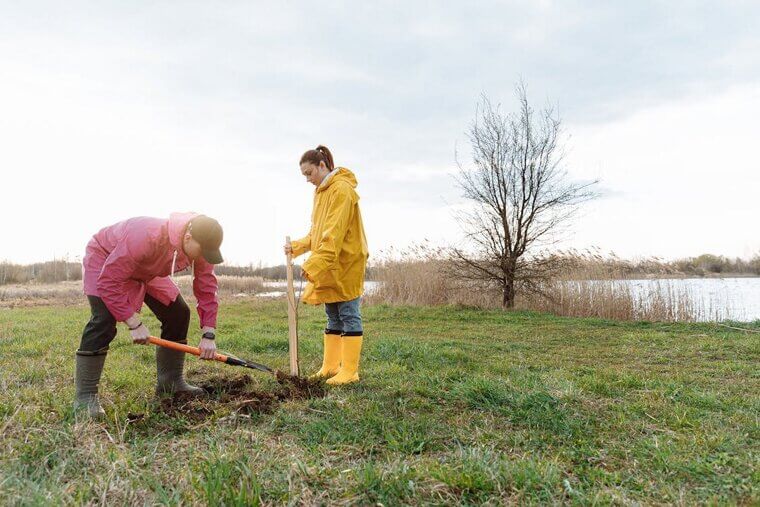These DIY Projects Are Surprisingly Off-Limits in Parts of America
Plenty of home improvement projects seem pretty simple, until you find out they’re actually against the law in your state. Some seemingly harmless upgrades can land you in legal trouble and potentially set you back thousands of dollars or more. Here’s what to avoid.
Installing Your Own Septic System
Trying to save money by DIY-ing a septic system? Not so fast. Many states require permits and professional installation to ensure it’s done safely. Improper setup can contaminate groundwater and cause serious health issues, you see.
Building a Backyard Tiny Home
Tiny homes are cool, but zoning laws often don’t agree. In many areas, building a second small house on your property - especially without permits - can land you in hot water. Whatever you do, don’t just start work on one without checking the laws first.
Setting Up an Outdoor Wood Furnace
Outdoor wood furnaces are great for cutting heating costs, but they’re banned or heavily regulated in some states due to air pollution concerns. Some places require a certain distance from property lines or neighbors, and others prohibit them altogether. So don’t install one without checking.
Collecting Rainwater
You’d think saving rainwater for your garden would be encouraged, but no, not everywhere. Some states regulate how much rainwater you can collect - or ban it entirely - because of water rights laws. Yes, it’s mad, but people just have to put up with it.
DIY Electrical Work
Swapping a light fixture is one thing, but rewiring your home’s electrical panel is quite another. In most states, major electrical work requires a licensed electrician and a permit. Not only is it dangerous, but if something goes wrong and you didn’t follow code, your insurance may not cover the damage.
Pouring Your Own Driveway
In some cities and towns, repaving or pouring a new driveway requires a permit. Regulations cover everything from drainage to the slope of the driveway. Skip the paperwork, and you could be fined, or forced to tear it up and redo it properly.
Removing Trees Without a Permit
Chopping down that annoying tree in your yard might feel like your right - but in many areas, you need a permit, especially for mature or protected species of tree. The rules can be surprisingly strict. Cut first and ask later, and you might face a hefty fine or even legal action.
Turning a Garage Into a Bedroom
Are you looking to get a lodger? Converting your garage into a bedroom might seem like a fun idea - but it can be illegal without permits. Some areas require minimum window sizes, for example. Skip any requirements, and you may be forced to convert it back.
Installing Solar Panels Without Approval
Solar panels are a smart move and good for the environment, but some states require approval, inspections, and licensed contractors before they go up. Do it yourself without the proper steps, and you could be forced to take them down, even if they’re working perfectly.
Building a Backyard Fire Pit
Everyone loves a nice backyard fire… well, almost everyone. Some states have strict fire codes about open flames, requiring permits, distances from structures, or even outright bans in dry seasons. To be fair, one wrong move and your house could burn down.
DIY Roof Replacement
Replacing your own roof might sound like a money-saver, but it’s illegal in some areas unless you’re licensed and permitted. Building codes vary, you see, and improper work can lead to leaks, structural damage, and major insurance issues. Better to leave this one to the pros.
Installing Your Own Well
Digging a backyard well without permission? That’s a big no-no in many states. Water rights, contamination concerns, and groundwater protection laws make this heavily regulated. Besides, do you really need a well?
Converting a Basement Into an Apartment
People do this in the hope of being able to rent out their basement for extra cash, and then things go awry. Many states require proper permits, fire exits, and minimum ceiling heights for the rooms. If your DIY basement apartment doesn’t meet code, you could be forced to evict tenants, pay fines, or rip the whole thing out.
DIY Plumbing Overhauls
Fixing a leaky faucet? Totally fine. Re-piping your bathroom? Not so much. Major plumbing jobs are illegal for non-licensed folks in many states, mainly because a bad job can lead to serious water damage or code violations.
Installing a Fence Without a Permit
Think putting up a simple fence is no big deal? Some towns have height restrictions, boundary setback rules, and even bans on some materials. You could build it perfectly straight and still be forced to tear it down if you skipped the permit. It’s a frustrating way to lose time and money.
DIY Greywater Systems
Reusing water from showers or laundry sounds smart and eco-friendly, right? But greywater systems are heavily regulated in many areas due to health risks. DIY systems without proper filtration can get you in trouble fast. Unfortunately, it could legally be considered a health hazard if not installed correctly.
Backyard Chickens in the Wrong Area
Raising hens for fresh eggs sounds charming until your city fines you. Many areas have strict rules on backyard livestock, including limits on flock size, coop location, and noise control. Some places ban them entirely. Check first, or you might end up with a funny-sounding but expensive illegal chicken operation.
Building a Pond Without a Permit
That cute little koi pond or water feature might need more paperwork than you think. In many states, especially near protected wetlands, digging a pond can violate environmental regulations. It’s not just about water, it’s about the wildlife as well – it needs protection.
Installing Your Own HVAC System
Installing a new AC unit yourself is hard work, and many places require permits and inspections. If you skip those steps, you risk voiding the unit’s warranty... and violating local building codes. Plus, incorrect installation can be a major safety risk. Better to get it done by a pro.
Composting Human Waste
Hold your nose for this one. Composting toilets are gaining popularity, but don’t assume they’re legal everywhere. Many states (unsurprisingly) consider them unsanitary unless they’re part of a certified system. If you DIY a setup without approval, you might be violating health codes.
Digging Without Calling 811
It’s tempting to just grab a shovel and start digging for that fence, tree, or pond - but skipping a call to 811 can be both dangerous and illegal. Striking a gas or utility line can cause serious injuries or worse. In many places, failing to call before you dig is punishable by law.

